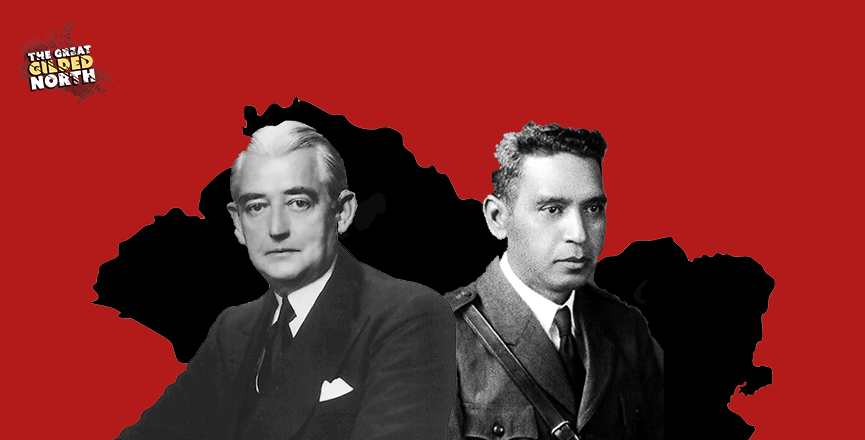Enter your email to get access
Sign up now to read the post and get access to the full library of posts for subscribers only.
Become a member Already have an account? Sign inIzaak Walton Killam, the richest man in Canada and namesake of prestigious scholarships, protected his business interests in El Salvador by helping facilitate one of the worst civilian massacres in this continent’s history.

Sign up now to read the post and get access to the full library of posts for subscribers only.
Become a member Already have an account? Sign in